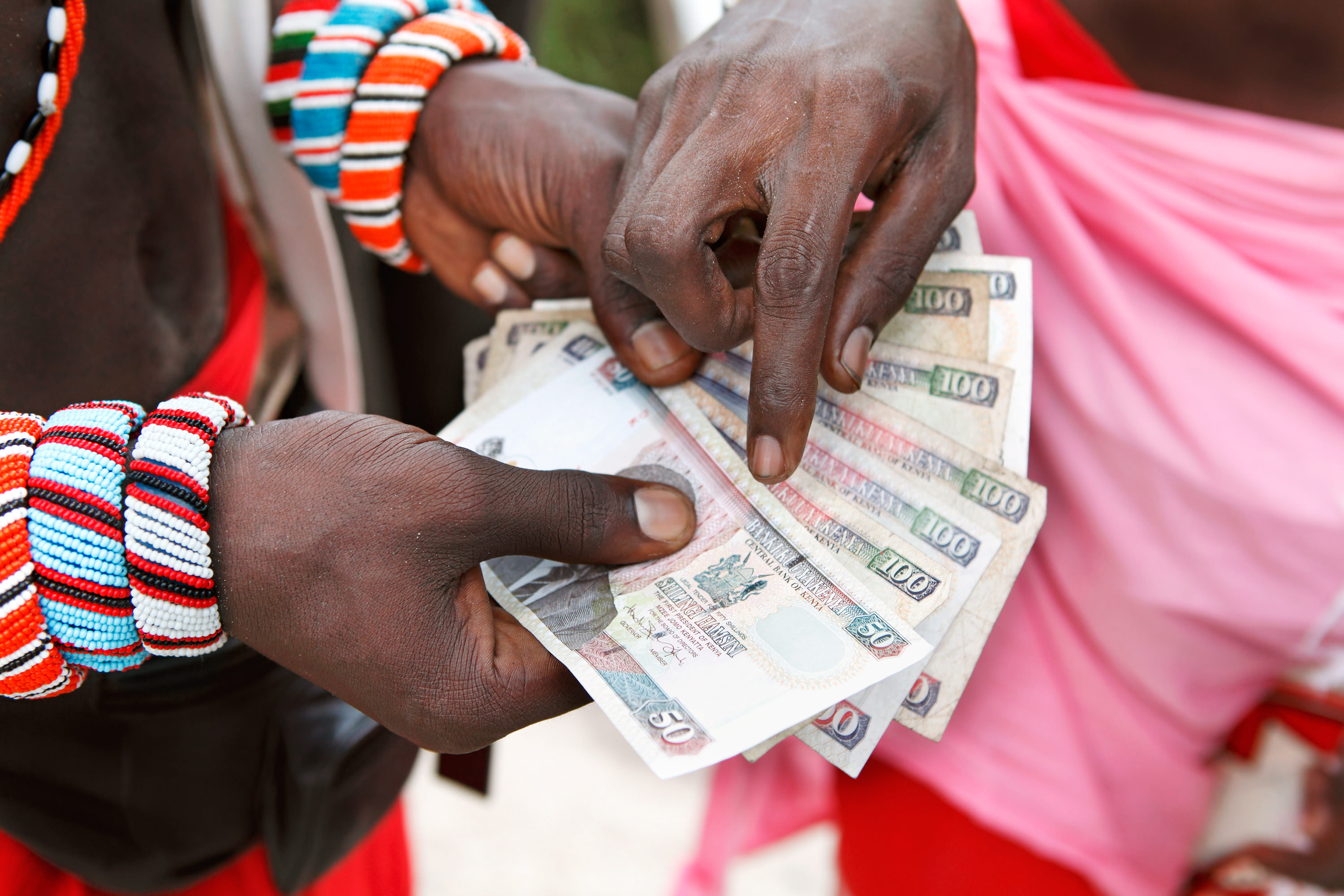Unemployment among young people is one of the most pressing social and economic problems facing less developed countries today. Data from the 2005 Kenya Integrated Household Budget Survey found that approximately 21% of youths are unemployed, and a further 25% are neither in school nor working. While the traditional academic schooling track offers large labour market returns for some youth, it is ill-suited to meet the needs of the large proportion of youth who are likely to drop out of school or who fail to transition to secondary school. Vocational training is a promising avenue for easing the school-to-work transition and boosting human capital for those not on the traditional academic schooling track, and as such has recently been touted by policymakers and governments. However, vocational training alone may not be enough to secure work for these individuals or dramatically improve their incomes. A recent survey of youth engaged in such training programmes in western Kenya finds that almost 90% planned to start their own business after the completion of their studies, yet 78% anticipated that lack of capital would be a barrier to doing so.
The project compares and contrasts the relative efficacy of providing vocational training and small business start-up grants in Kenya with the following detailed objectives:
- To distribute cash grants to a randomly selected subset of vocational training voucher winners and non‐winners.
- To conduct qualitative data collection among grant recipients with the purpose of teasing out program impact mechanisms, to guide the design of the follow‐up survey and the analysis.
- To perform a round of quantitative follow‐up data collection on project participants.
The randomised cross-cutting design of this project allows us to simultaneously estimate the impacts of vocational training, start-up grants, and the combination of both interventions. The use of randomisation in treatment assignment circumvents concerns about selection bias and confounding factors. Furthermore, detailed longitudinal data (the Kenya Life Panel Survey) covering nearly 15 years is available on all programme participants, which enables the exploration of heterogeneous treatment effects on different sub-populations in the sample. This panel data also allows us to closely examine the dynamics and patterns of youth employment outcomes. In addition to providing rigorous evidence on the near-term and medium to long-term returns to vocational training for African youth, a key contribution of this project is to provide some of the first experimental evidence on the complementarities between vocational education and financial capital in Africa, by combining randomised interventions with high-quality longitudinal data.
